
Keeping Animals in Homes
In communities across the nation, we see recurring issues that prevent willing pet adopters from adopting, or pet parents from keeping their animals in their homes.

Explore the project related resources we have created and collected to support the farming community and the Global Animal Aid mission.

In communities across the nation, we see recurring issues that prevent willing pet adopters from adopting, or pet parents from keeping their animals in their homes.
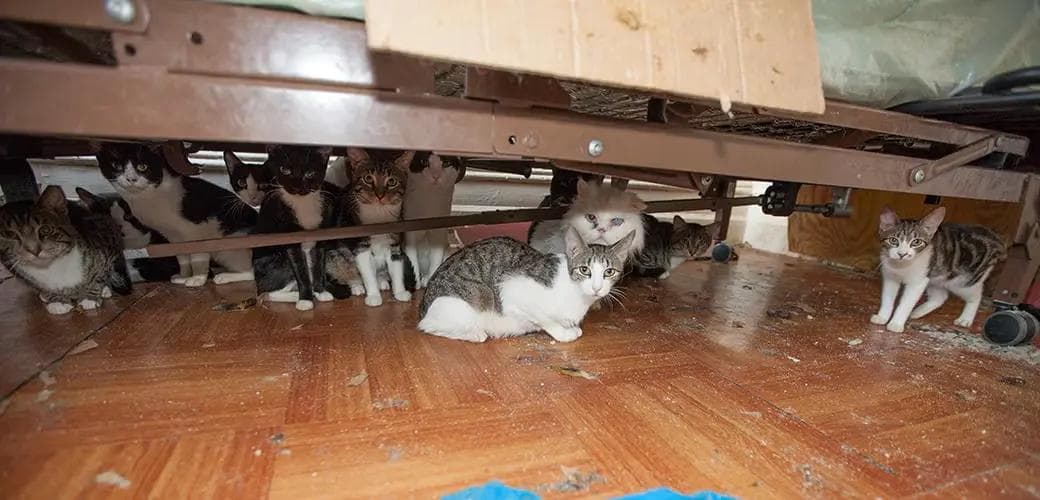
Animal hoarding is a complex issue that intertwines mental health, public health, and compassion gone awry. It occurs when an individual accumulates more animals than they can properly care for, leading to neglect, suffering, and unsafe conditions for both humans and animals. While the intentions behind hoarding often stem from empathy, the result is a cycle of misery for all involved.
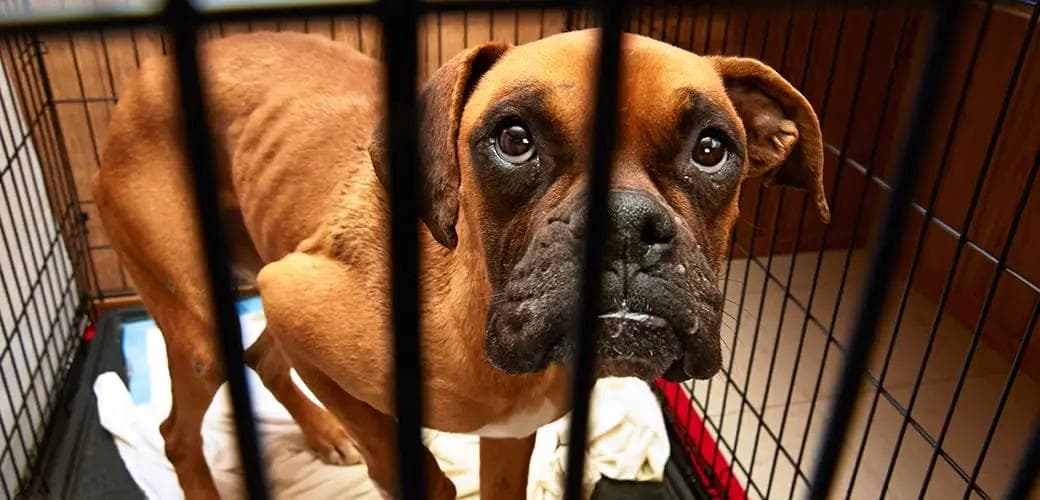
Animal abuse and neglect affect millions of animals worldwide, from household pets to wildlife. Suffering persists largely because many cases go unnoticed or unreported. Recognizing and reporting abuse is a civic and moral duty that protects both animals and communities.
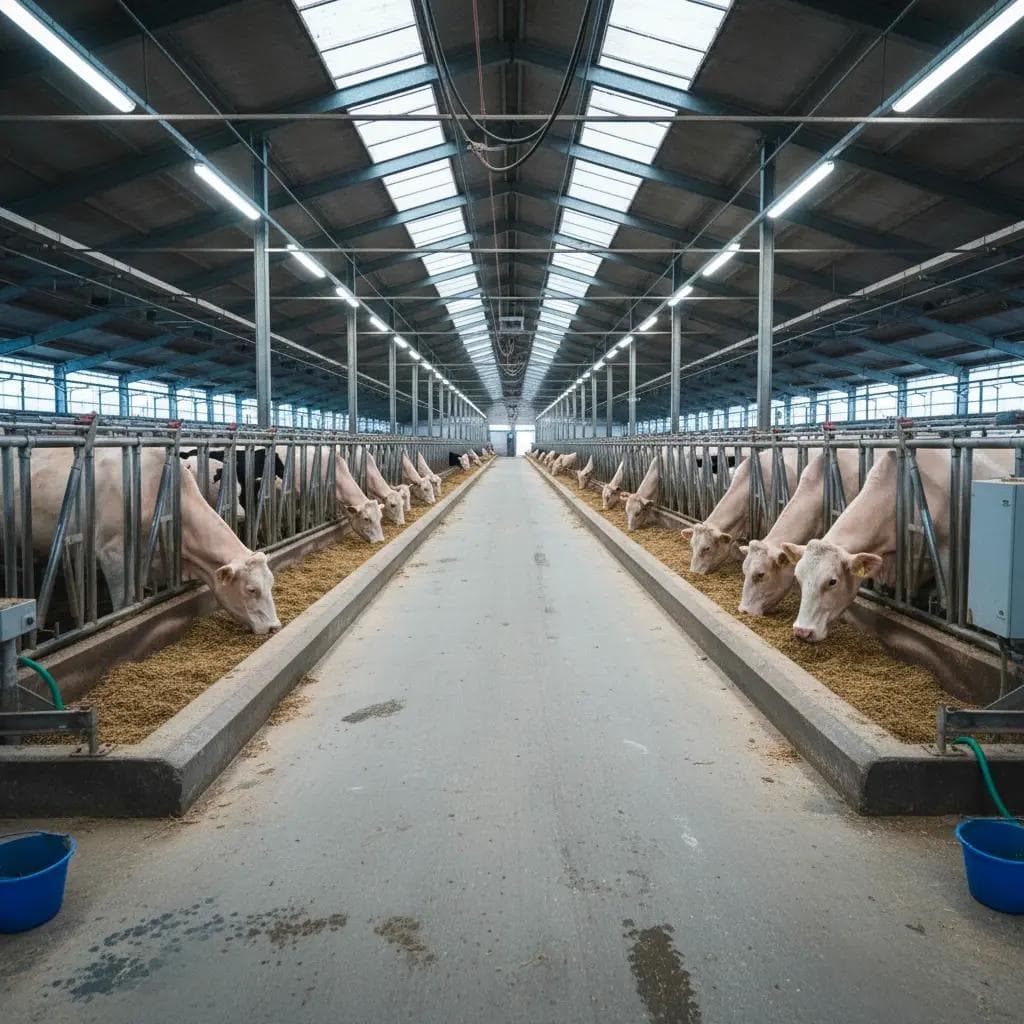
Factory farming, also known as intensive animal agriculture, represents one of the most significant ethical and environmental crises of our time. Every year, tens of billions of animals worldwide are raised and slaughtered for food in highly industrialized systems designed to maximize production and minimize cost. Yet behind this efficiency lies a system that prioritizes profit over welfare, sustainability, and human health. Animals are treated as units of production rather than sentient beings capable of suffering. Despite growing public awareness and concern, the majority of meat, eggs, and dairy products consumed globally still come from factory farms — facilities where living conditions are often harsh, crowded, and inhumane.

Every summer, countless animals around the world suffer and die because they are left inside parked vehicles, even for just a few minutes. Many owners believe cracking the window or parking in the shade will keep their pet safe, but the truth is far more dangerous. Temperatures inside a car can rise dramatically within minutes — creating a deadly environment even on what feels like a mild day. According to studies by the American Veterinary Medical Association (AVMA), when the outside temperature is just 25°C (77°F), the interior of a parked car can reach over 37°C (100°F) in 10 minutes and exceed 46°C (115°F) in 30 minutes. For animals unable to sweat or escape, these conditions can quickly become fatal.

Happy Summer! We’re ready for pool parties, beach days, barbeques, camping trips and everything else the season has in store for us. But summer heat can also bring some potential dangers for our furry friends, and our experts at Global Animal Aid want to make sure you’re ready for whatever comes your way.

Break out those sleeping bags, folks! Camping season is here! Get ready for a summer filled with hikes, campfires and s’mores. Before you head out on your summer adventure, for campers who bring along their furry friends.

With the weather warming up, pet parents are taking the opportunity to go on longer walks and spend time with their pets in the great outdoors. Unfortunately, more time outdoors means more opportunities for your pet to catch fleas and ticks.

There are many potential upsides to giving pets treats - it can help the bond between animal lovers and their pets, can promote good behavior, aid in training and potentially help with dental or nutritional support.
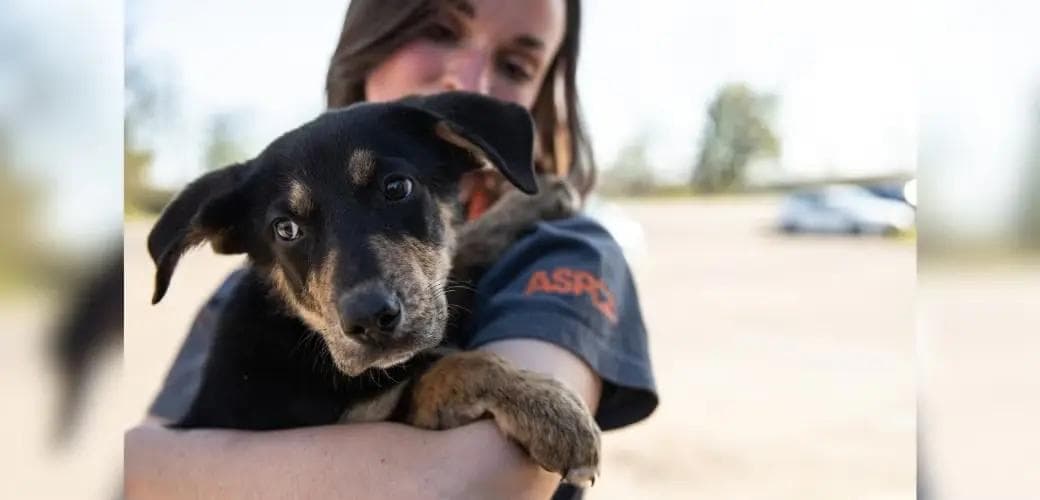
Natural disasters strike with little warning. Hurricanes, floods, wildfires, earthquakes, and heatwaves are becoming more frequent and severe due to climate change. In every crisis, animals are among the most vulnerable victims — often left behind, lost, or injured because their owners were unprepared. Protecting your pet during an emergency requires planning, awareness, and quick decision-making. When disaster strikes, every minute counts — and preparation can mean the difference between safety and tragedy.

Our experts at Global Animal Aid want to warn pet parents about severe and unexpected signs that are being reported following exposures to certain headache wraps and cooling pet pads that contain hydrogel.
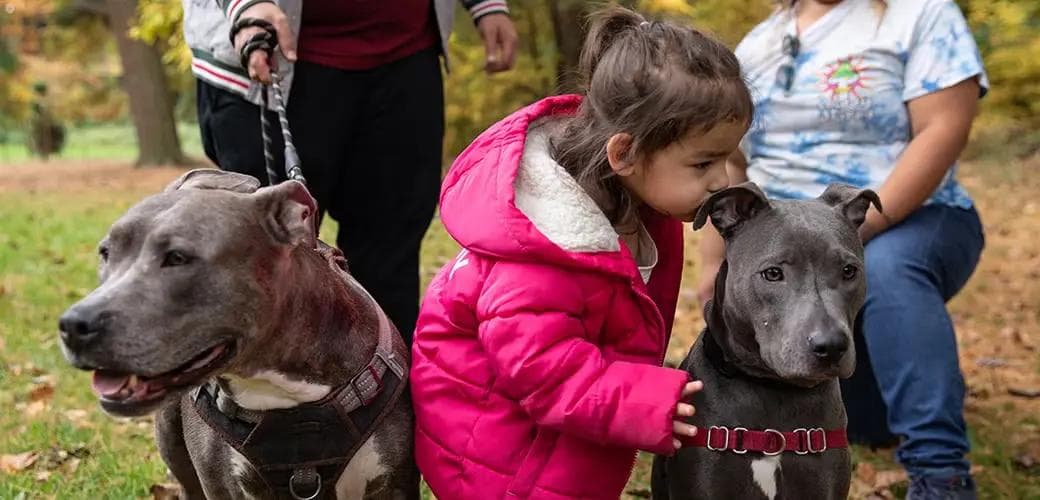
As children return home from school each day, they often drop their backpacks on the floor — within easy reach of curious pets. What many families don’t realize is that some of the most common school supplies can be dangerous, even deadly, to cats and dogs. From snacks and medications to art supplies and batteries, a child’s backpack can become a hidden source of toxic hazards. Awareness is the first step in prevention — because what seems harmless to a child can quickly become a medical emergency for a pet.
